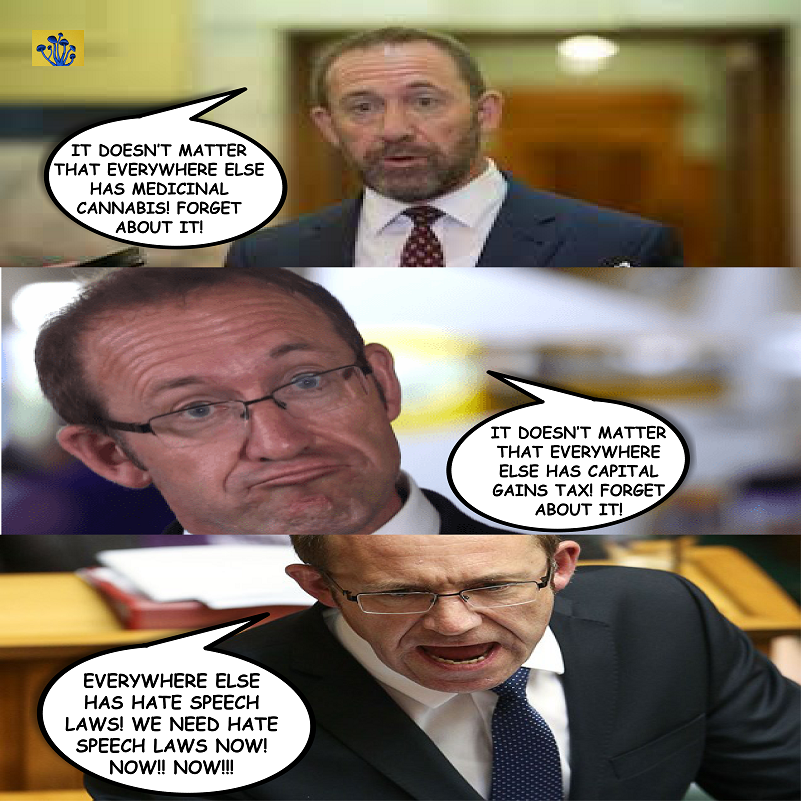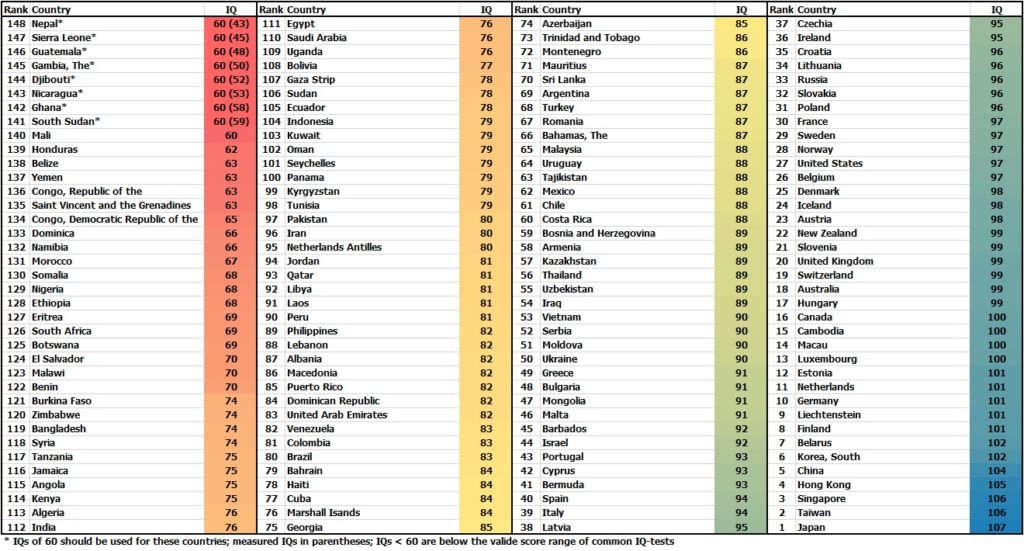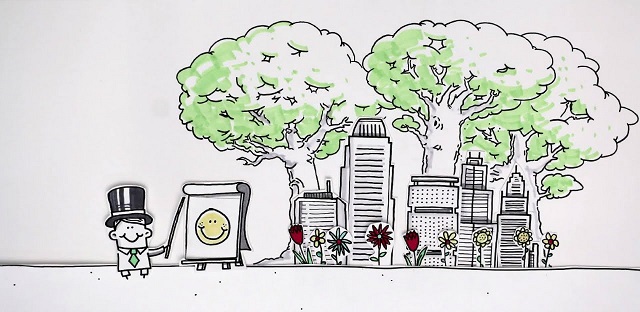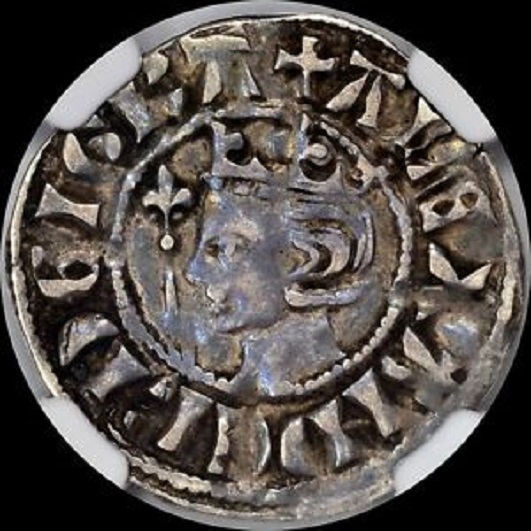The Great New Zealand Chimpout appears to now be a permanent state of affairs, as the Sixth Labour Government has doubled down on its suppression of free speech. Far from once having been the world’s leader in human rights, things are now worse than anyone could have thought possible. This essay asks – is New Zealand now a Police state?
The term “Police state” is used to describe a political regime that employs the Police to intimidate or destroy their political enemies. This is widely considered a moral obscenity for the reason that the Police are supposed to be there to keep the peace in a morally neutral fashion.
One defining characteristic of a Police state is “The inhabitants of a police state may experience restrictions […] on their freedom to express or communicate political or other views, which are subject to police monitoring or enforcement.”
The home of VJM Publishing Vice President Vince McLeod was visited by two Police officers on Friday. Although they were asked to leave the property immediately on the grounds that they didn’t have a warrant, one of the officers had the time to mention something about “concerning posts made on the VJM Publishing FaceBook page”.
VJM Publishing is far from only one to have been targeted in this manner. Many Kiwis are aware of the current ongoing campaign of Police harassment targeting the alternative media and outspoken freethinkers. Alt-media mogul Vinny Eastwood has been targeted five times already, and a video of one particular harassment attempt has been viewed over 100,000 times on YouTube.
The purpose of these visits is, and can only be, to intimidate certain sections of the citizenry into silence.
Ideally, the targeted citizen will feel such an unpleasant sense of fear at armed Police coming to their house that they will begin to censor themselves, and no longer express views critical of the Government. The knowledge that they are being monitored is supposed to cause the citizen to think twice about which opinions they express, lest the Police come back.
This logic has underpinned all Police states and dictatorships throughout time. It’s the basic abuser logic of punishing any and all displeasing behaviour. Dissenters must be punished so that dissent is quelled.
New Zealanders are generally happy to glibly declare themselves a free people. After all we have such a thing as a Bill of Rights, and in that Bill of Rights it says in Section 14 that “Everyone has the right to freedom of expression, including the freedom to seek, receive, and impart information and opinions of any kind in any form.”
However, if New Zealand Police officers are visiting members of the media for the purposes of intimidation, then New Zealand qualifies as a Police state. There’s no other way to describe a country in which the Government sends Police officers to intimidate people for expressing their opinions, when their right to express those opinions is enshrined in law.
Perhaps even more concerning is the willingness of the mainstream media to go along with this repression. Not only are the mainstream media happy to distract the people from this mass human rights violation, but they work hand-in-hand with the Government to manufacture public consent for the Police harassment campaign.
Indeed, Stuff admits that the Police have shared the secret watchlist with them, which is tantamount to an admission that the Government, the Police and the mainstream media are all working together. If that’s not a sign that the New Zealand Establishment is rotten with corruption, then no such sign is possible.
Some will be asking: where to from here?
New Zealand is likely to proceed along the lines of the East German Stasi model. This version of a Police state emphasises building a massive network of informants who are motivated to rat out wrongthinkers. Thanks to FaceBook, such a thing is trivial to achieve – it’s only necessary to appeal to the public to dob people in.
Much like New Zealand, the East German censorship system was applied despite the freedom of expression being enshrined in law. East German censorship was applied so that “Content which was considered harmful to the regime, or to communist ideologies in general, was strictly forbidden.”
The content that is and will be suppressed under the Ardern regime is content that criticises left-wing globalism.
It can be predicted that in coming years the Government will try to censor reports about the state of homelessness in New Zealand, because they want to import as many refugees as they can, and awareness of the housing crisis reduces the people’s will to do this. They will also want the media to not report on crimes such as Muslim grooming gangs or gang rapes, because this also affects public sentiment towards globalism.
New Zealand now effectively has the same thing as the Stasi, because Kiwis who share content considered harmful to the Ardern regime are getting Police visits. New Zealand doesn’t have a gulag system yet, but it could be argued that we have political prisoners. There are individuals sitting in prison for sharing a video of the mosque shooting, even though the video was shared before it was declared objectionable (and therefore the sentence is retrospective and not legal).
Philip Arps is not a very nice person, according to a number of accounts, but that’s specifically why the Government targets people like him first. They want to create the idea that everyone else they target belongs in a similar category. If they can manufacture the impression that independent media outlets like VJM Publishing belong in the same category of person as Arps, half the job of suppressing dissent is done.
There are also reports that Police have visited schools to intimidate pupils who have joked about the shooting or about sharing footage. This intimidation campaign amounts to an attempt to socially engineer the population into a more submissive and compliant state.
It can be seen that the Sixth Labour Government has introduced a Police state along the lines of Socialist East Germany. Expression of political opinions that the Ardern regime wants suppressed may well result in an intimidatory visit from the Police. The only way out is to ensure the coming to power of a force that respects the inherent rights of every New Zealander.
*
If you enjoyed reading this essay, you can get a compilation of the Best VJMP Essays and Articles of 2018 from Amazon for Kindle or Amazon for CreateSpace (for international readers), or TradeMe (for Kiwis). A compilation of the Best VJMP Essays and Articles of 2017 is also available.





